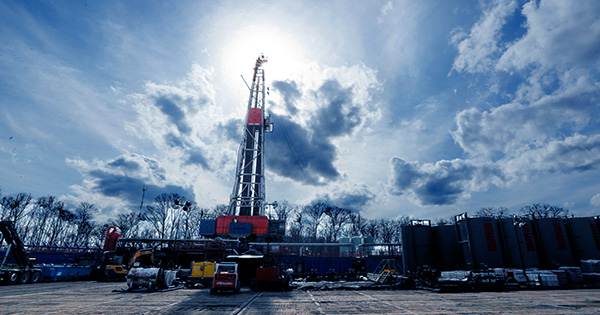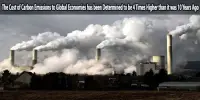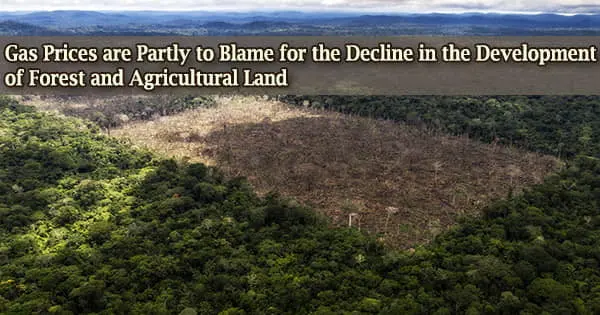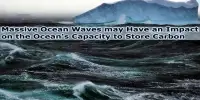Over the past decade, fossil fuel giants have been allowed to use toxic compounds that could potentially degrade PFAS – to break down oil and gas drilling sites in the United States – toxic compounds are known as “forever chemicals,” according to internal documents from Environmental Protection, Organization (EPA). The internal documents were obtained by the non-profit group Physicians for Social Responsibility under the Freedom of Information Act. Their full report, published July 12, can be found here.
PFAS are known as “forever chemicals” because they are known to accumulate in the human body and not break down in the environment. These have been linked to a number of adverse health effects, including low birth weight, effects on the immune system, cancer, and hormonal disturbances. Despite being aware of their risks, the Obama-era EPA has approved three substances that could be used for hydraulic fracturing at PFAS, known as “framing” for oil and gas at 1,200 wells in Arakansas, Louisiana, Oklahoma, New Mexico, 2012.
The report even claims that the approval of these disgusting chemicals was not fully disclosed to the public, but the EPA was well aware of their potential risks. In a record, EPA regulators wrote: “EPA is concerned that these degradation products will continue in the environment, may biomacumulate or biomagnify, and may be toxic (PBT) based on analog chemicals for humans, wild mammals, and birds. Dusty Horwitt, researcher and attorney who are currently consulting with PSR, said in a statement, “The evidence that people can be subconsciously exposed to this highly toxic chemical by managing oil and gas is disturbing.”
“Given the horrific history of pollution associated with PFAS, the public needs to act swiftly to ensure that EPAs and state governments have used these measures and are protected from their effects.” Fracking is an oil and gas extraction technique developed in the late 1940s by millions of gallons of water and other man-made chemicals to explode through rocks to gain access to stored fossil energy in drilling operations.
This process not only releases significant amounts of methane as a powerful greenhouse gas, it also carries the risk of contaminating groundwater and bringing toxic chemicals to the surface. On top of that, fracking has been found to increase the levels of radioactive material in the air nearby.
















